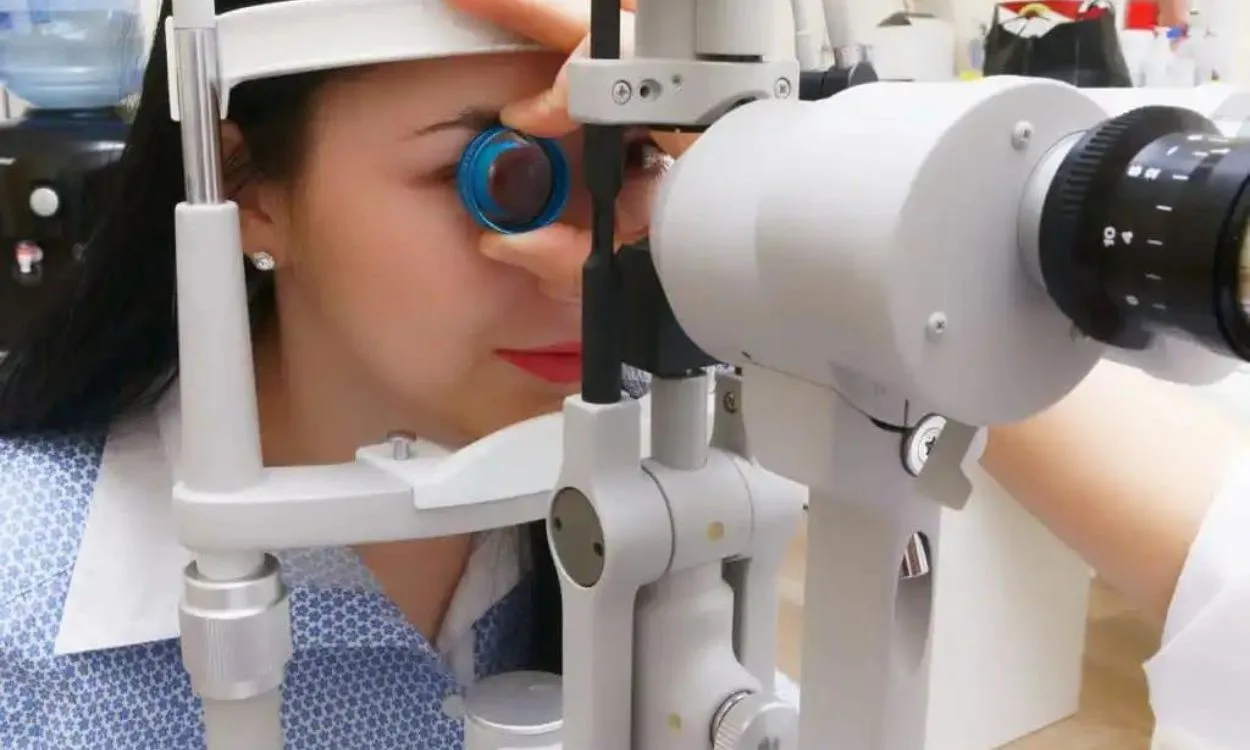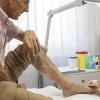Effective Treatment Options for Diabetic Retinopathy: Regaining Vision and Enjoying a Healthy Life
Introduction:
Living with diabetes comes with a range of challenges, and one of them is the risk of developing diabetic retinopathy. This eye disease affects the blood vessels in the retina and can lead to vision problems or even blindness if left untreated. However, with advancements in medical science, there are effective treatment options available to manage and treat diabetic retinopathy. In this article, we will explore these treatment options and how they can help individuals regain their vision and lead a healthy life.
Understanding Diabetic Retinopathy:
Diabetic retinopathy is a complication of diabetes that affects the blood vessels in the retina, the light-sensitive tissue at the back of the eye. High blood sugar levels can damage these blood vessels over time, causing them to leak or become blocked. As the disease progresses, it can lead to various vision problems, such as blurred vision, floaters, and even complete vision loss. Early detection and timely treatment are crucial to prevent the condition from worsening.
Treatment Options for Diabetic Retinopathy:
1. Medication: In the early stages of diabetic retinopathy, medication may be prescribed to manage the condition and slow its progression. Medications like anti-VEGF (vascular endothelial growth factor) injections are commonly used to reduce swelling and prevent abnormal blood vessel growth in the retina. These injections are administered directly into the eye by a qualified ophthalmologist.
2. Laser Therapy: Laser photocoagulation, also known as laser therapy, is a common treatment option for diabetic retinopathy. During this procedure, a laser is used to seal leaking blood vessels or destroy abnormal blood vessels in the retina. Laser therapy aims to reduce the risk of vision loss and prevent the growth of new blood vessels. It is usually performed on an outpatient basis and may require multiple sessions for optimal results.
3. Vitrectomy: In advanced cases of diabetic retinopathy where there is significant bleeding or the presence of scar tissue, a vitrectomy may be recommended. This surgical procedure involves removing the vitreous gel, which fills the center of the eye, along with any blood or scar tissue. After the vitrectomy, the eye is filled with a clear fluid or gas to maintain its shape. This procedure can improve vision and prevent further complications.
4. Optimal Diabetes Management: Managing diabetes effectively is crucial in treating and preventing the progression of diabetic retinopathy. This includes maintaining a healthy diet, exercising regularly, monitoring blood sugar levels, and taking prescribed medications as directed. By keeping blood sugar levels within a target range, individuals can reduce the risk of developing or worsening diabetic retinopathy.
5. Regular Eye Exams: Routine eye exams are essential for early detection and monitoring of diabetic retinopathy. People with diabetes should have comprehensive eye examinations at least once a year, or as recommended by their eye care specialist. These exams can help identify any signs of retinopathy and allow for timely intervention and treatment.
Why Choose Fitpaa:
Living with diabetes and managing its complications can be challenging. Fitpaa is an innovative health and fitness app that is designed to support individuals in achieving their health and fitness goals, including managing diabetes and diabetic retinopathy. With Fitpaa, you gain access to a personal health and fitness team comprising a fitness planner, nutritionist, and doctor who can guide you through your journey.
Fitpaa offers a personalized Fitpaa Capsule, a holistic health and fitness plan tailored to your needs, lifestyle, and health goals. This capsule combines medical therapy, medical exercise therapy, medical nutrition therapy, and cognitive behavioral therapy to optimize your metabolism and help you achieve your health and fitness goals. By following your Fitpaa Capsule diligently, you can enhance your overall well-being, improve your diabetes management, and potentially prevent the progression of diabetic retinopathy.
Conclusion:
Diabetic retinopathy is a serious complication of diabetes that can have a significant impact on vision and overall quality of life. However, with advancements in medical treatments and proactive management of diabetes, it is possible to effectively treat diabetic retinopathy and regain vision. Alongside traditional treatment options, Fitpaa offers a comprehensive and personalized approach to health and fitness that can support individuals in managing their diabetes and optimizing their overall well-being. Download the Fitpaa app today and embark on a journey towards a healthier, happier life.









